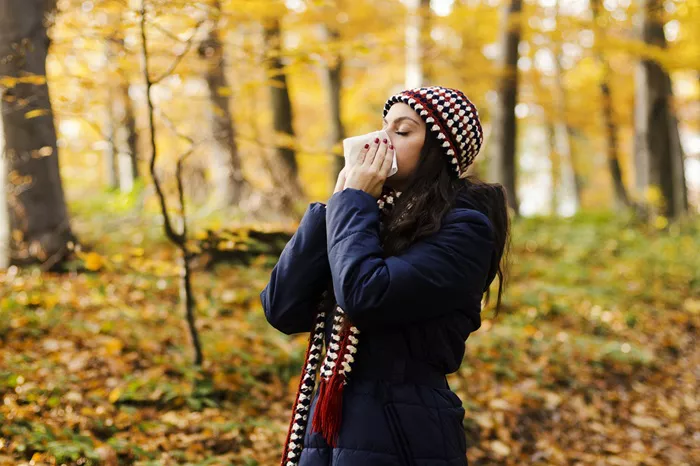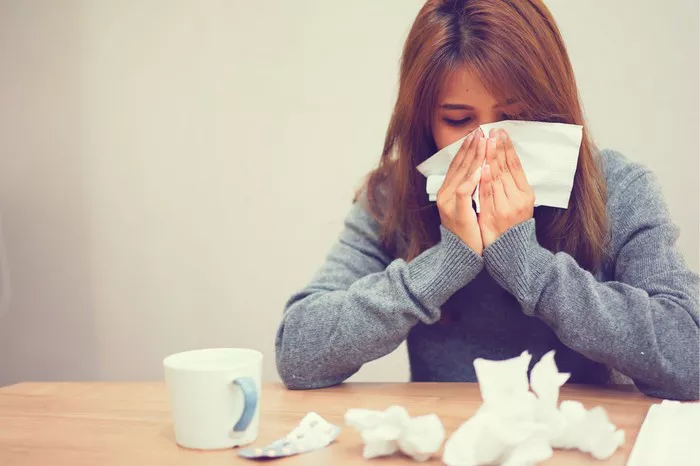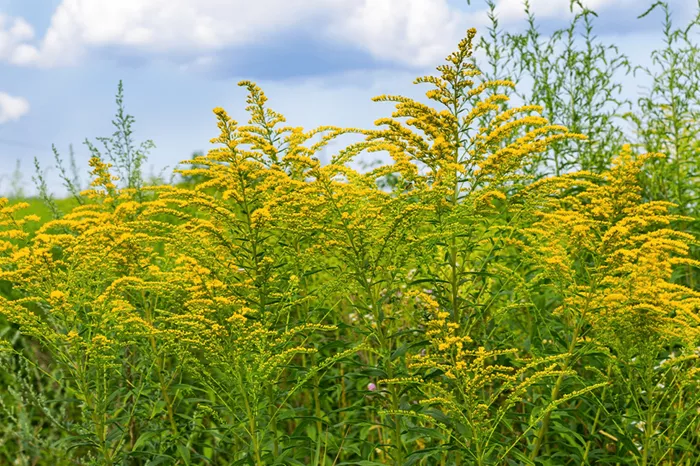Pollen allergies, commonly referred to as seasonal allergic rhinitis or hay fever, affect millions of people worldwide. These allergies are triggered by pollen grains from various plants, trees, and grasses. Characterized by symptoms such as sneezing, runny or stuffy nose, itchy eyes, and throat irritation, pollen allergies can significantly impair an individual’s quality of life. A question that often arises is whether these allergies worsen with age. This article explores the dynamics of pollen allergies throughout different stages of life, examining how age-related changes in the immune system can impact the severity of allergic reactions.
What Are Pollen Allergies?
Pollen allergies occur when the immune system mistakenly identifies pollen as a harmful invader. The body responds by producing antibodies called Immunoglobulin E (IgE), which bind to allergens and trigger the release of histamines and other chemicals, leading to allergic symptoms. The severity and onset of these symptoms can vary widely among individuals and can be influenced by several factors, including age.
The Impact of Aging on the Immune System
The human immune system undergoes significant changes as a person ages. This process, known as immunosenescence, involves both the innate and adaptive branches of the immune system. Immunosenescence can lead to a reduced response to infections and vaccines, and paradoxically, an increase in the incidence of autoimmune diseases and allergies in some individuals.
How Immunosenescence Affects Allergies
While immunosenescence typically leads to a decline in immune responsiveness, its effect on allergies, particularly pollen allergies, is more complex. The aging immune system can sometimes become dysregulated, failing to tolerate harmless substances like pollen, which can either initiate new allergies or exacerbate existing ones.
Allergy Trends Across Different Age Groups
Childhood and Adolescence
In children and adolescents, the immune system is still developing. Allergies are common in this age group, often beginning in childhood and extending into adolescent years. Children may outgrow some allergies as they transition into adulthood, but this is not always the case with pollen allergies, which can persist or even start later in life.
Adulthood and Allergy Development
In adults, the prevalence of new-onset allergies, including pollen allergies, tends to decline with age. However, for those who have had pollen allergies since childhood or adolescence, the allergies can continue into adulthood. The severity of symptoms can be influenced by cumulative exposure to allergens over the years.
Senior Adults and Increased Allergy Sensitivity
Interestingly, some studies suggest that new-onset allergies, including sensitivities to pollen, can develop in older adults. This may be partially due to the dysregulation of the immune system associated with aging. Older adults may also experience more pronounced symptoms due to the presence of other chronic conditions that can exacerbate allergic reactions, such as respiratory diseases.
Environmental and Lifestyle Factors Influencing Allergy Severity
Climate Change and Pollen Production
Global climate patterns significantly affect pollen production, with rising temperatures and higher carbon dioxide levels leading to increased pollen counts. This environmental shift can worsen allergy symptoms in individuals of all ages but may particularly affect older adults who have pre-existing respiratory or cardiovascular conditions.
Urbanization and Air Quality
Urban environments can amplify allergy symptoms. Pollutants and particulate matter can interact with pollen, altering its impact and potentially exacerbating allergic reactions. Older individuals living in urban areas may experience more severe symptoms due to the compounded effect of air pollution and pollen exposure.
Managing Pollen Allergies in Different Age Groups
Effective management of pollen allergies varies by age group and involves a combination of preventive strategies and treatments. These can include avoiding known allergens, using air purifiers, staying indoors during high pollen counts, and medical interventions such as antihistamines, nasal corticosteroids, and allergy immunotherapy.
Allergy Immunotherapy
Allergy immunotherapy, also known as allergy shots, can be beneficial for long-term allergy management. This treatment is effective across various age groups and can alter the course of allergic diseases by increasing tolerance to allergens.
Regular Allergy Assessments
As individuals age, regular assessments by healthcare providers become crucial in managing the evolution of allergic diseases. Adjustments to treatment plans may be necessary to accommodate changing allergy patterns and overall health status.
Conclusion: A Lifelong Approach to Managing Pollen Allergies
Pollen allergies can change with age, influenced by both biological and environmental factors. While some individuals may experience a decrease in symptoms as they age, others might find their symptoms persist or worsen. Understanding the interplay between aging and allergies is crucial for developing effective management strategies. With appropriate care, individuals of all ages can manage their pollen allergies and maintain a high quality of life.
By embracing a proactive approach to allergy management, which includes staying informed about environmental triggers, consulting healthcare providers regularly, and adhering to treatment protocols, individuals can effectively navigate the challenges posed by pollen allergies throughout their lives.
[inline_related_posts title=”You Might Be Interested In” title_align=”left” style=”list” number=”6″ align=”none” ids=”8152,8067,7990″ by=”categories” orderby=”rand” order=”DESC” hide_thumb=”no” thumb_right=”no” views=”no” date=”yes” grid_columns=”2″ post_type=”” tax=””]
































